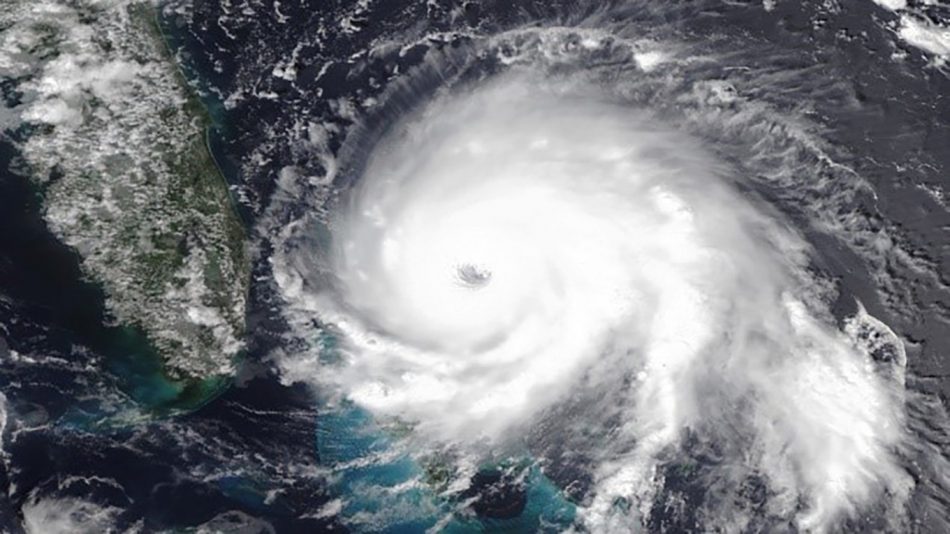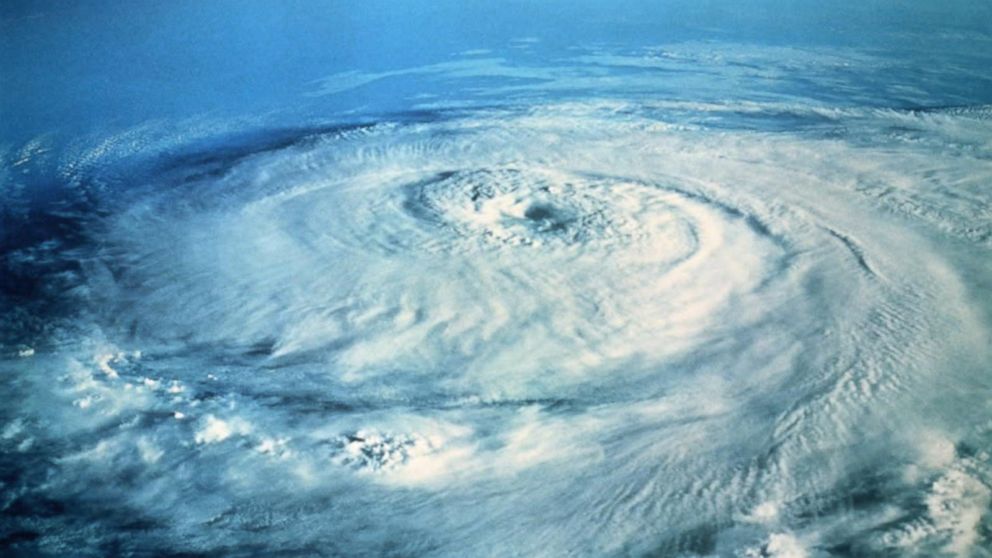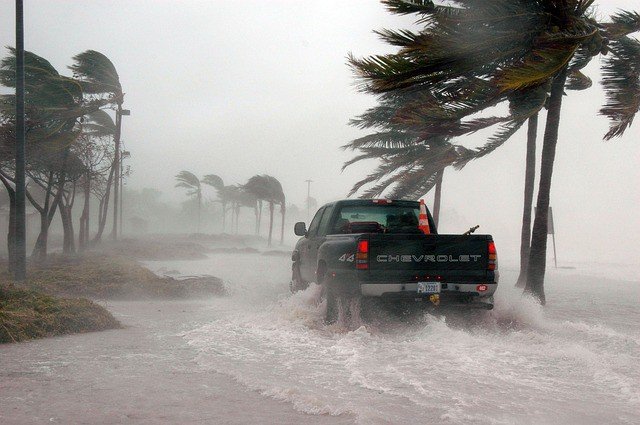Inventors have been churning out wacky ideas to halt hurricanes before they hit land for decades, but none of them has gained traction.
However, a Norwegian startup named OceanTherm has recently announced that it has developed an innovative method to stop a hurricane in its tracks: bubbles.
According to WFTX, the plan is to employ bubbles to reduce sea temperatures to shut hurricane’s warm water from the source. The assumption is that cooling them down will reduce their potency because storms “feed” off 80 degrees Fahrenheit or higher waters, causing them to intensify and become more destructive.

“I’m an old submariner and knew that the water is colder deeper down in the ocean,” OceanTerm CEO Olav Hollingsaeter told Fast Company last year. “So my thought was, ‘why don’t we use this cold water in the deep sea mixed with the surface water and thereby reduce the sea surface temperature.’”
To do this, OceanTherm is designing a “bubble curtain” mechanism. Ships drop a series of perforated pipes into the ocean in the direction of a storm to create bubbles that lift colder waters from beneath the surface.

According to the company’s website, it also has a bubble curtain concept for locations that are frequently struck by hurricanes, with pipes installed in a fixed spot beneath the water.
While the concept is intriguing, it has yet to be tried on a real hurricane, so it’s unknown whether it would work in reality.
To have an impact on a hurricane, the bubble curtain would have to extend for miles. So while the company hopes to deploy its technology across the Gulf of Mexico in the future, it remains a fool’s errand for the time being.
There’s also the possibility of environmental issues.

“When you change one thing, there is a domino effect of things that can occur,” National Oceanic and Atmospheric environmental engineer Tracy Fanara told WFTX. “With Florida red tide, you could be forcing an upwelling event that causes those cells to come from the bottom to up top.”
Therefore, the jury is still deciding whether OceanTherm will ever achieve its great hurricane-killing objectives. We wouldn’t hold our breath, though.


